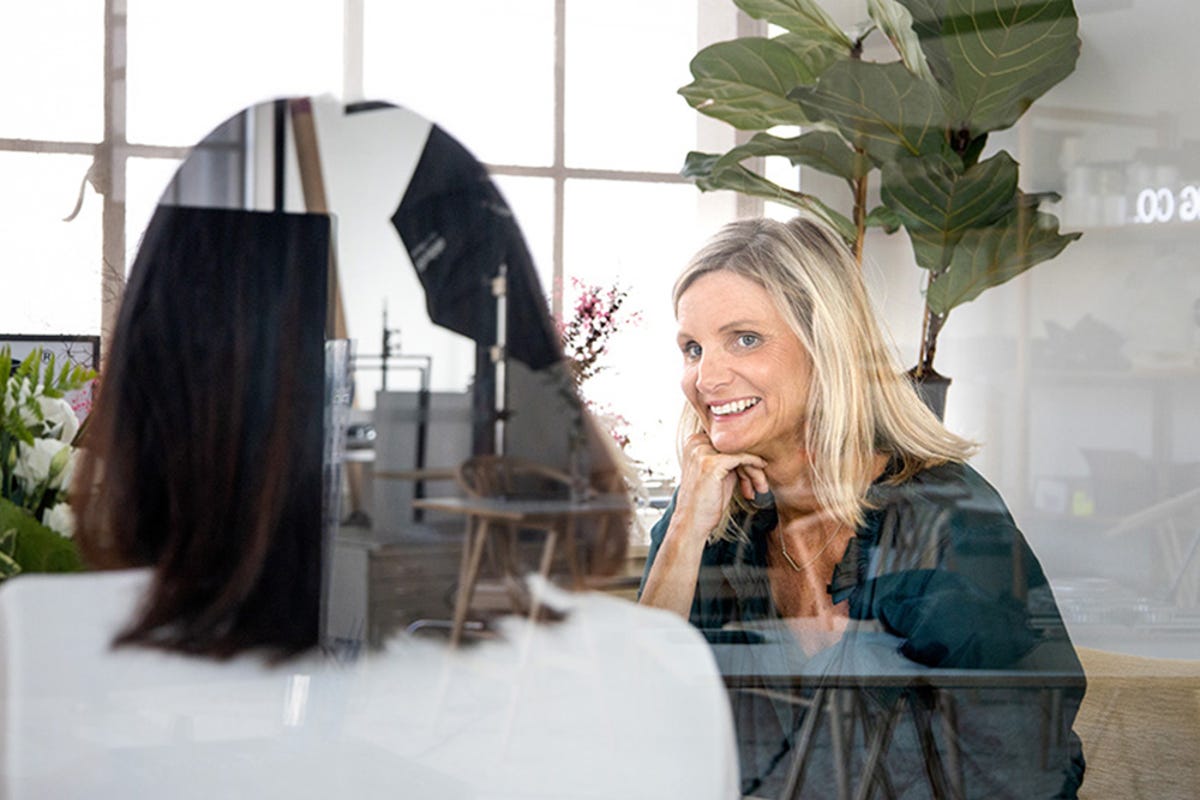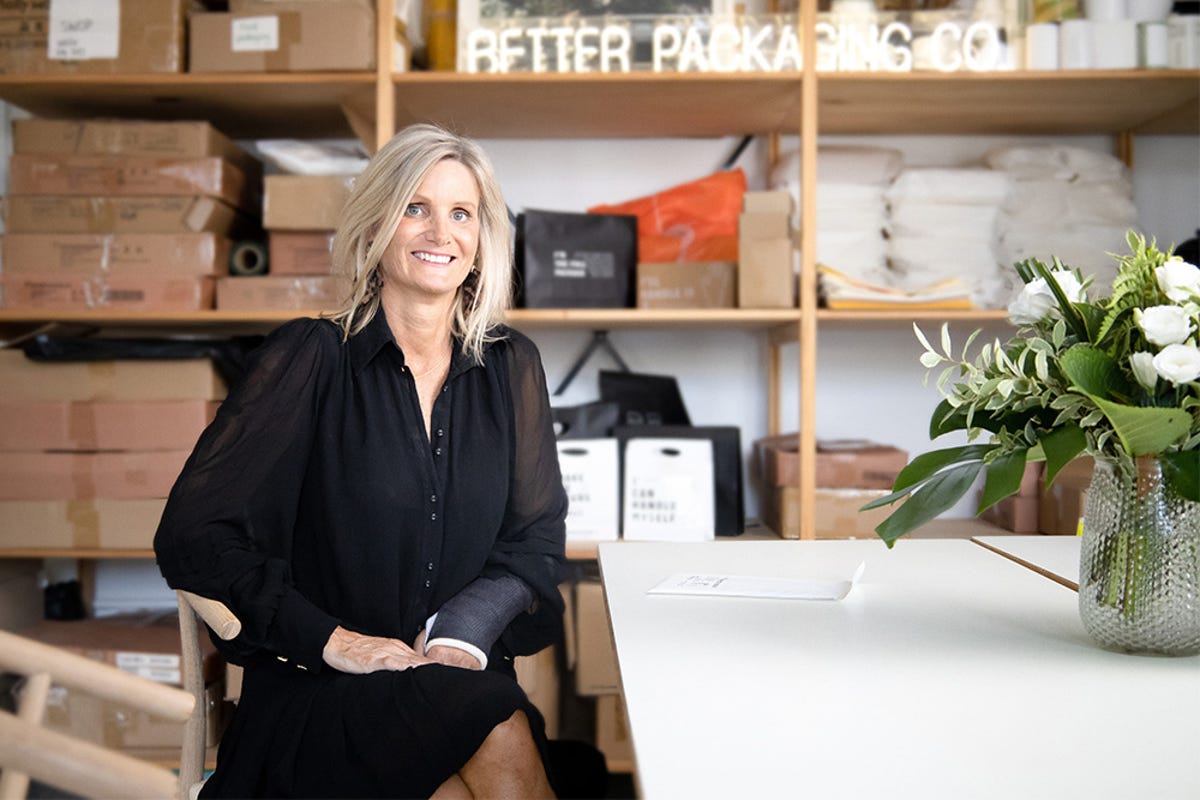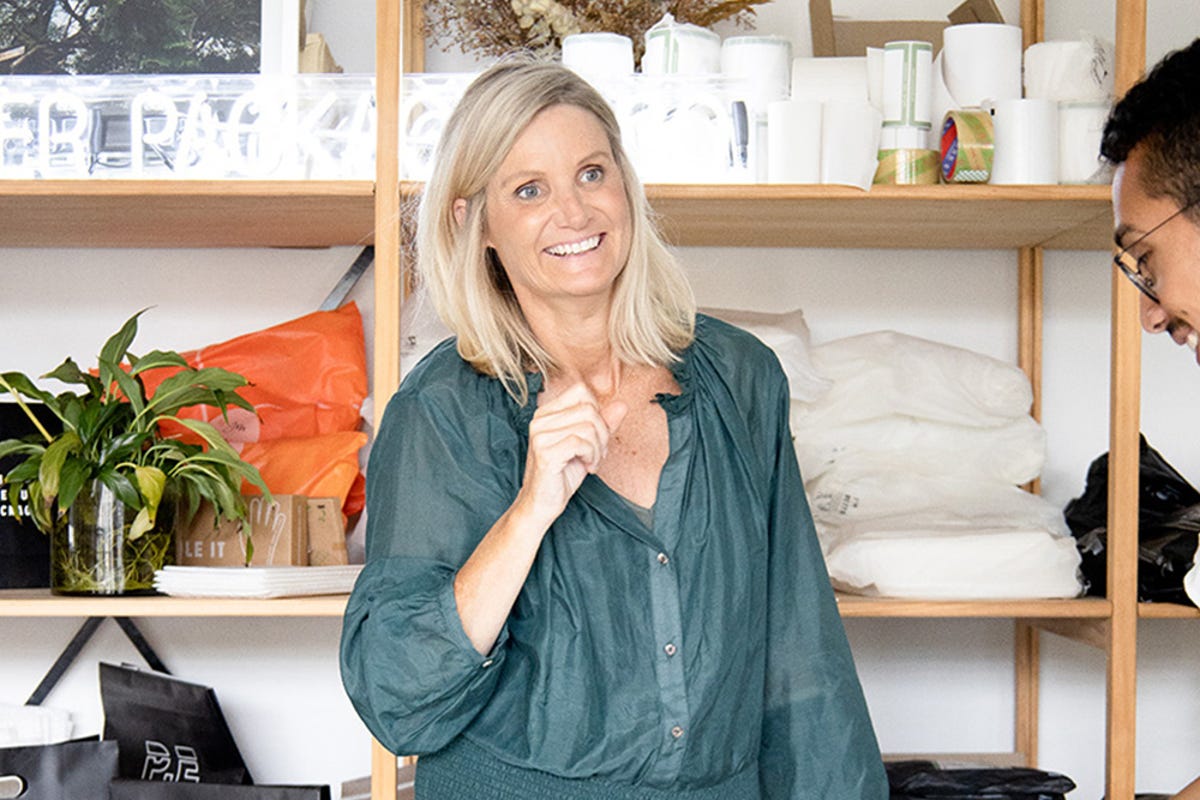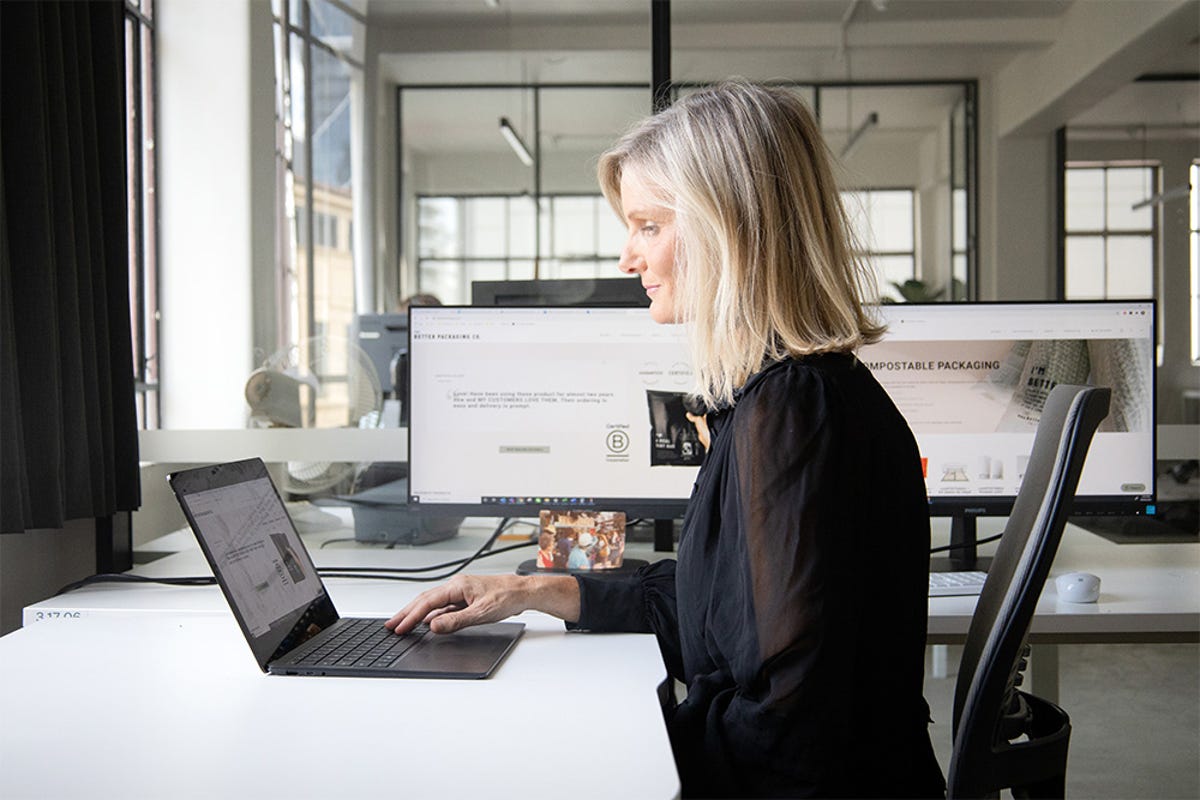Fellow Portrait
Rebecca Percasky
Better Packaging
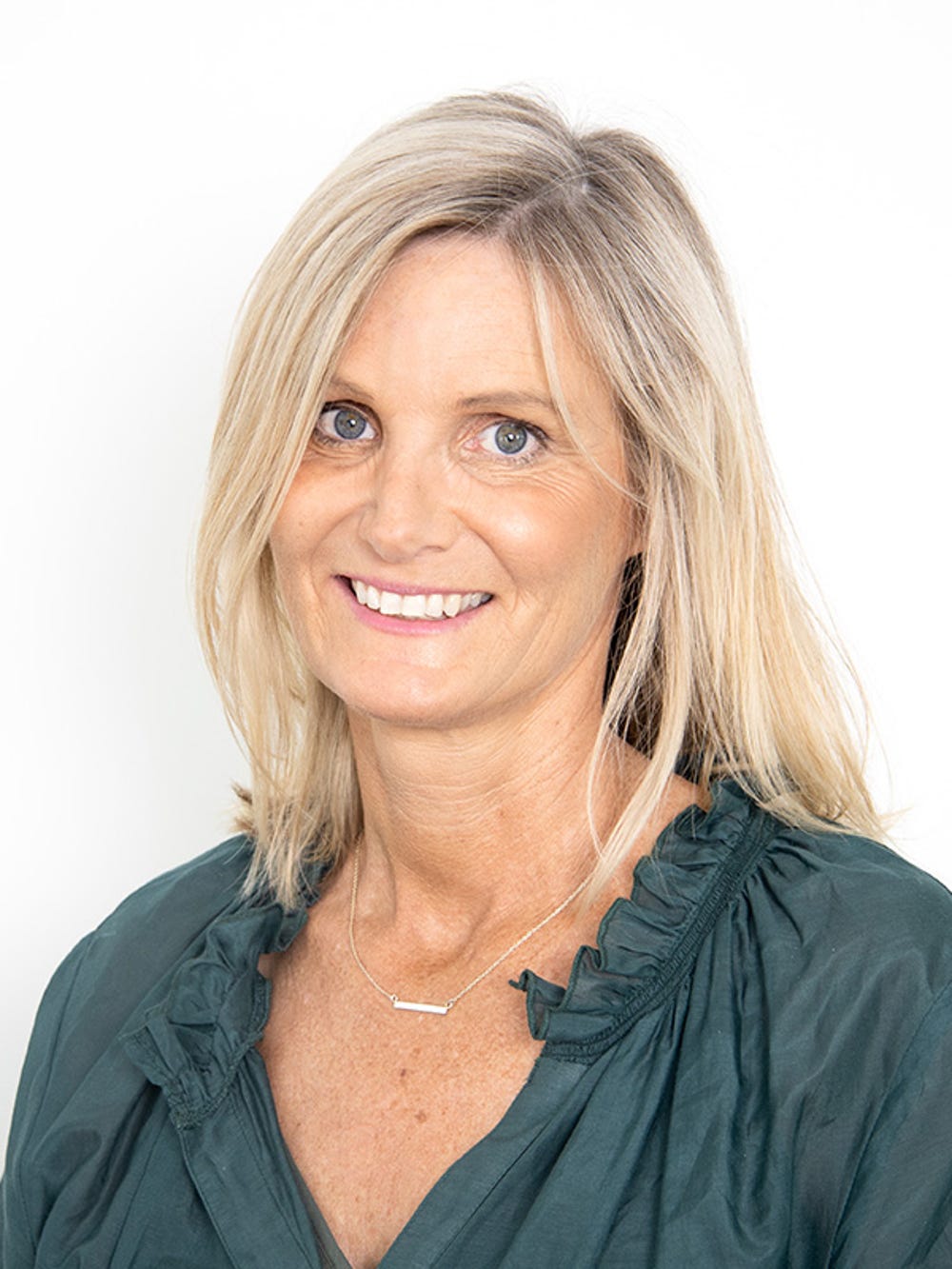
Better Packaging is solving the global waste crisis by producing sustainable packaging, practicing product stewardship, and communicating and educating about waste.
Oceania
NEW ZEALAND
FELLOW
2021
Updated March 2021
The downside of the world’s love affair with e-commerce
Every year, 87 billion packages are shipped worldwide. No matter what is inside, every shipment comes wrapped in something—often something that is used only once, may be hard to recycle, and ultimately ends up in a landfill. Of course, packaging is necessary to keep perishables fresh and ensure items arrive in one piece. Increasingly, though, consumers are pressuring merchants to offer sustainable options.
Rebecca Percasky came to see herself as part of the global packaging problem when she worked for an e-commerce technology startup. Most of the orders the company facilitated resulted in shipping an item packaged in heavy-duty, single-use plastic. “I saw how quickly e-commerce was growing,” she says. “Along with that growth, there's an extraordinary amount of packaging waste. Eventually I said, ‘I can't be involved in that. I don't want to be responsible for putting any more plastic into the world.’”
Around the same time, her daughter was working on a school project about saving the planet. “It motivated me to think that we should be doing things better. One night I stayed up and wrote a list of things that I could do to make a change. And four of them were in the packaging space.”
I can remember being 19 and seeing someone buy a water bottle and thinking that was completely crazy. Why are we bottling water? It just seemed like madness to me, when you could get it out of the tap.
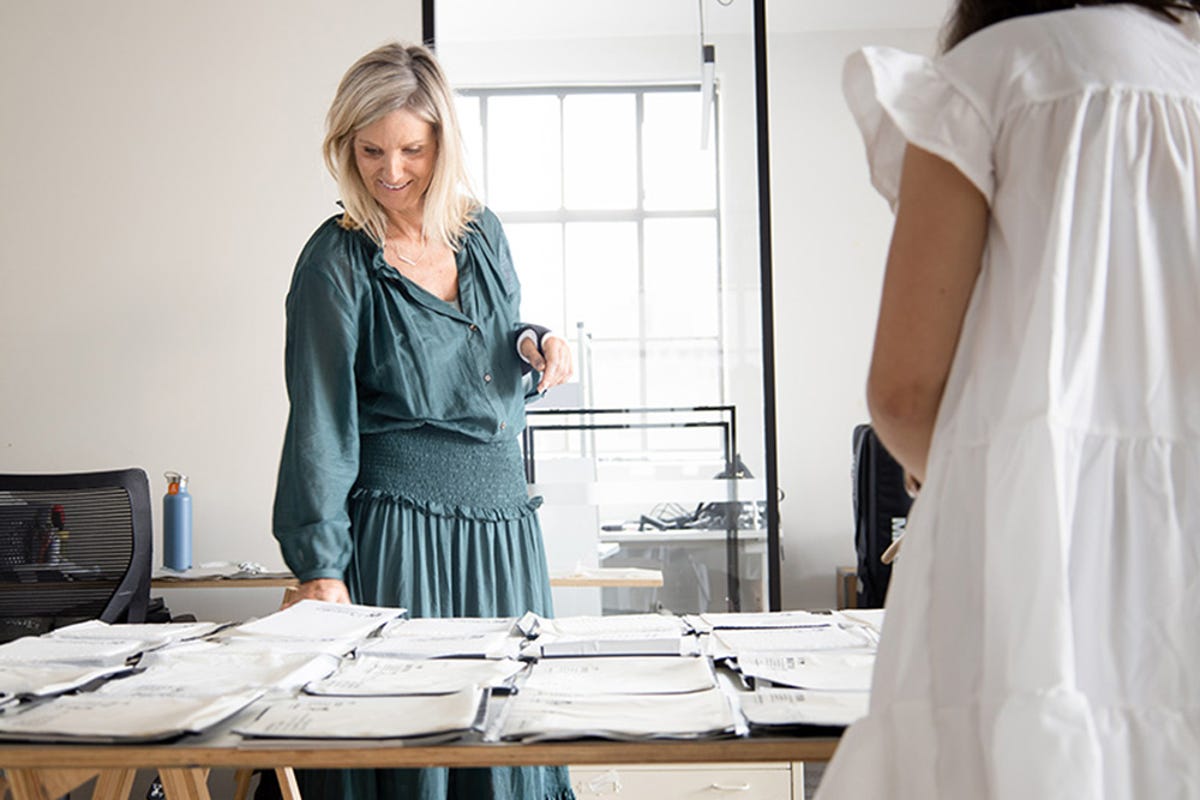
Changing the mindset from single-use to multiple use
Rebecca’s answer to the problem of packaging waste was to start The Better Packaging Co. Her e-commerce experience showed her how much waste the shipping process generated. So, she and her business partner decided to begin with courier bags. “We’re trying to replace single-use plastic with alternatives that can be used multiple times,” she says.
The Better Packaging Co. offers replacements for traditional plastic—including home-compostable courier bags, bubble bags, and snap-lock bags—that aim to change the way customers view reusable packaging. Instead of sticking to dreary, utilitarian colors, the company offers stylish products in matte black with white writing. Its customers include anyone who's selling online, from small Etsy sellers to well-known brands like L’Oréal and Maybelline.
And The Better Packaging Co.’s commitment goes beyond the package to product stewardship: ensuring that its packaging ends up in the correct waste stream. Its BCollected network, which helps customers find recycling options, is a critical part of its mission. The company is B Corp Certified carbon negative and was one of the first signatories of the Ellen MacArthur Foundation’s New Plastic Economy Global Commitment.
We are on a mission to reduce the environmental impacts of packaging and waste—it’s not enough to make sustainable packaging; we need to ensure it has a place to go at the end of its use.
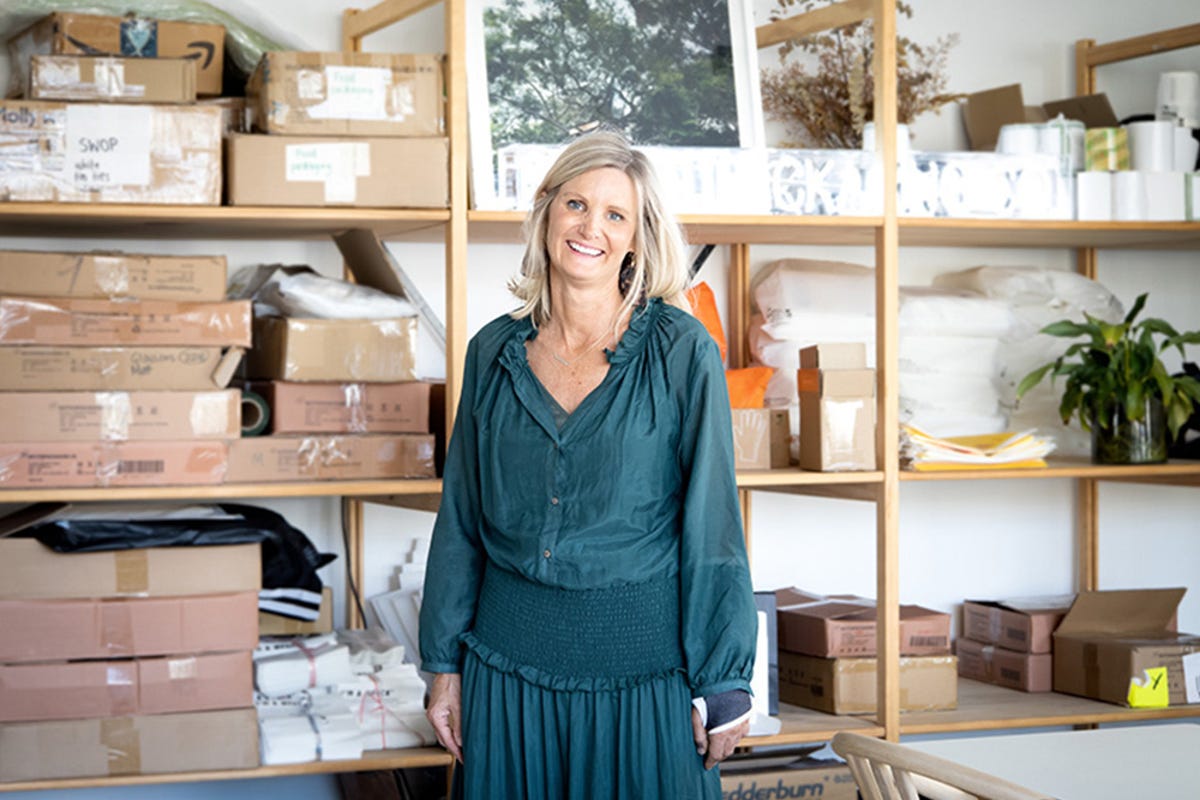
Understanding waste as a design flaw
The Better Packaging Co. is expanding its product line. “We launched a compostable tape at the end of last year, and it sold out within 48 hours,” Rebecca says. “We've got this amazing customer base who are looking for change. Consumers are voting with their wallets for what they want to see.”
Every Better Packaging product acts as an advertisement for the company’s mission—a mission that’s spreading globally. It has sold 40 million bags to 12,000 customers in 50 countries, reaching tens of thousands of people with its zero-waste message. Ultimately, the company wants to help facilitate the transition to a zero-waste world where waste is seen as a design flaw.
We count the number of bags that we’ve diverted from the landfill. We're at well over 40 million bags in the last three years. That’s a number we're really proud of.
